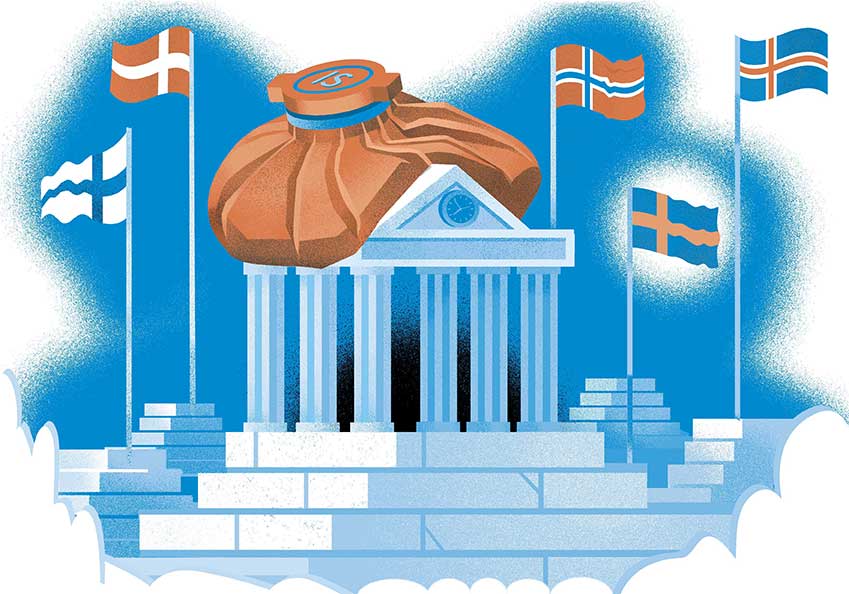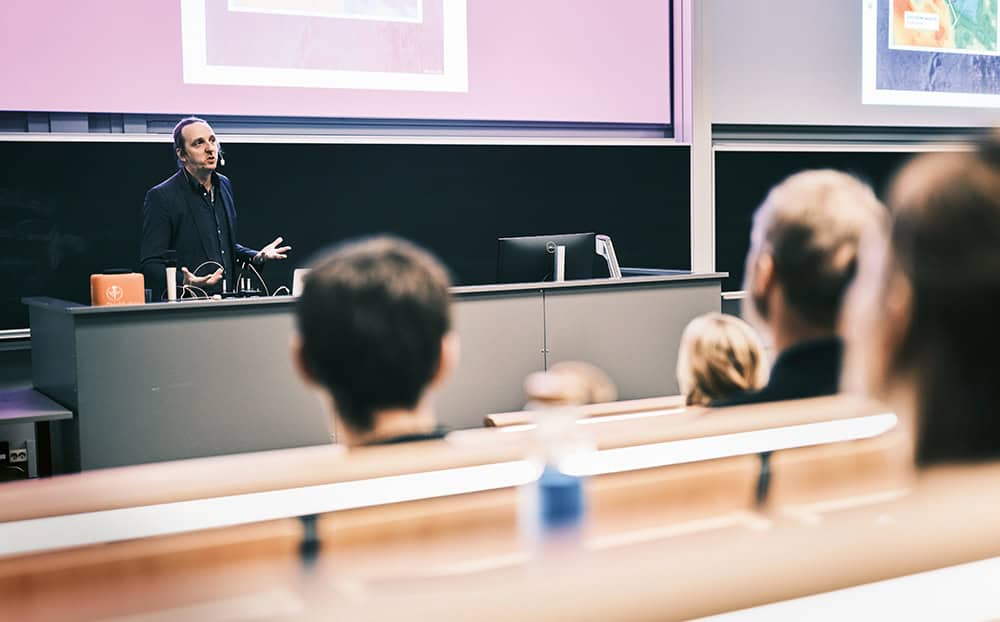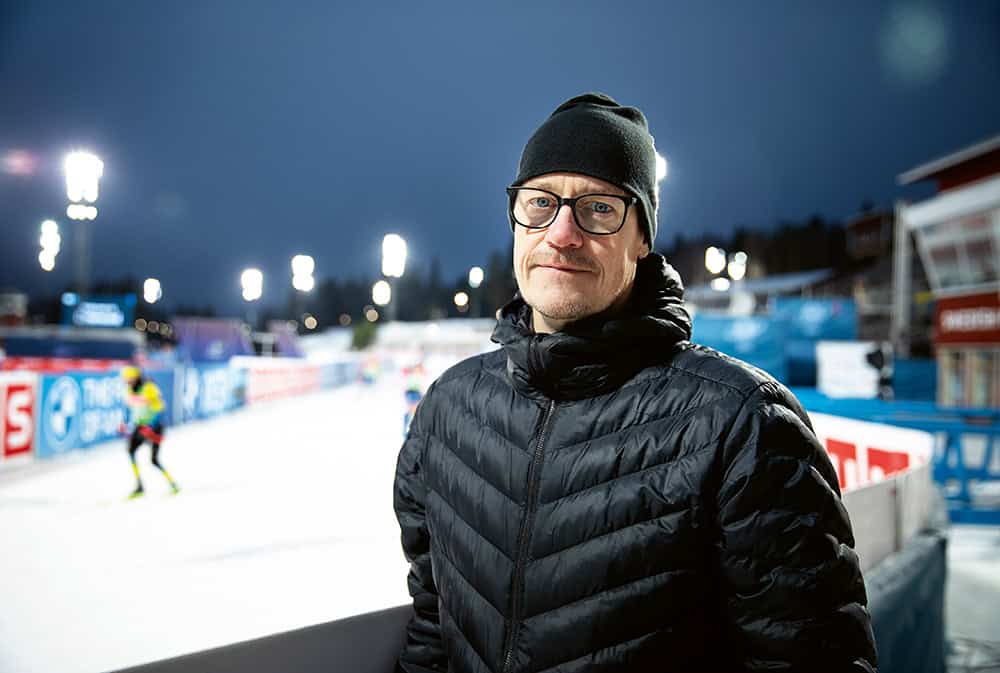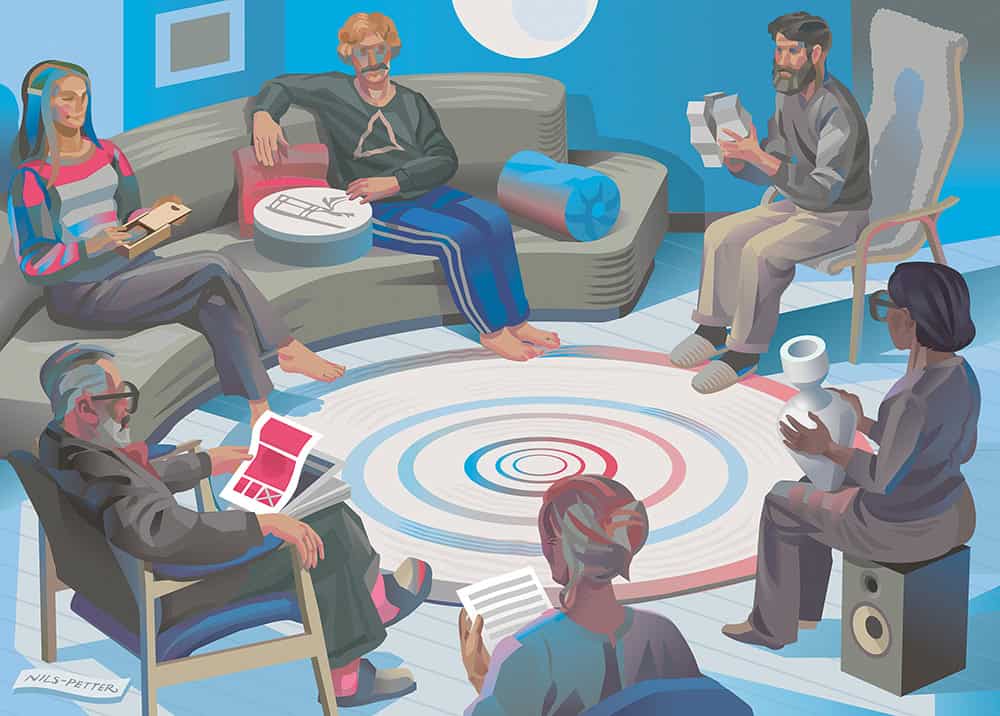When the Nordic unions in the higher education sector begin their joint annual conference in Bergen, a strike at several Norwegian universities has just ended. Forskerförbundet, the Norwegian Association of Researchers, had called out just over a hundred university teachers, researchers and other employees on strike in the host city for the conference. The industrial action lasted a little over a week. In total, around 900 members took part in the strike in Norway.
But even if the strike is a suitable backdrop to the unions’ conference, that is not what they will be talking about in the next few days in Bergen. Instead, they will focus on the Nordic countries’ common – and differing – conditions for trade union work. Around 25 representatives from SULF’s counterparts in Iceland, Norway, Denmark and Finland are in attendance. This year, the Faroe Islands are also participating, but mostly to listen and learn, explains Marjun Lützen, a national officer at Akademikarafelag Føroya, an umbrella organisation for MA graduates. The Faroe Islands’ sole university has approximately 1,000 students and 140 employees.
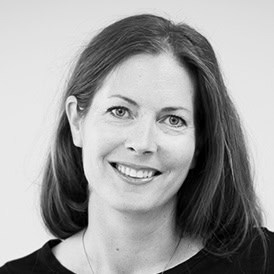
Jorunn Dahl Norgård
The Norwegian Association of Researchers
In the host country, Norway, the union’s biggest challenge in recent years has been the urgent problems regarding funding. For the past twelve years, all state sector organisations have had to live with annual cuts, says Jorunn Dahl Norgård, from the Association of Researchers.
“We have seen a gradual reduction of our basic grants, which has led to aggressive cuts to the administration at universities. When a new government was elected a few years ago, there was talk that they were going to stop the cuts, but that didn’t happen.”
She describes a political climate in which the higher education sector cannot expect more money. The reduced grants have also meant that student numbers have fallen. At several universities, departments have started redundancy processes. Norwegian teacher training is facing major cuts, for example. The number of applicants has been falling steadily since 2020. The programmes are simply not attractive enough at the moment, she says.
“It has therefore been very easy show that the quality of the education is not good enough, which has resulted in a lot of reforms. But many of the reasons why these programmes are not attractive are due to conditions outside the higher education sector, for example the status of the teaching profession in today’s society, working conditions and salary levels.
At the same time as smaller education programmes are vulnerable in financially challenging times, Norway’s academics are working more and more, which makes working time another important trade union issue. People are working longer hours without being compensated for it. Meanwhile, working time is being compressed, which leads to people having less time for research.
“Teaching preparation time is also being reduced. We see pressure and cuts on all fronts, and that has a direct impact on universities’ activities,” says Dahl Norgård.
That a country like Norway is investing less and less in higher education is puzzling, she thinks.
“It is the ten thousand kroner question. Norway is a rich country, so it is not a question of money. I think the previous government invested more and was more supportive of higher education and research. Nowadays a great deal of political focus is on vocational education. To get the whole population employed.”
The task of the union, as she sees it, is to emphasise that investments in higher education and research are profitable and beneficial for society in the long term.
In Denmark there is also discussion about the financing of higher education. As well as the size of basic grants, there is also the issue of how external funding is creating a sector with far too much fixed-term employment, says Frederik Hertel, Vice President of the union DM Universitet, which represents 5,000 researchers and university teachers.
“We talk about how difficult it is to retain researchers in academia, especially young researchers. It takes far too many years before you can get secure employment. But it is also because in many cases the corporate sector offers much better pay, and in some cases actually also provides better conditions for people in research positions.”
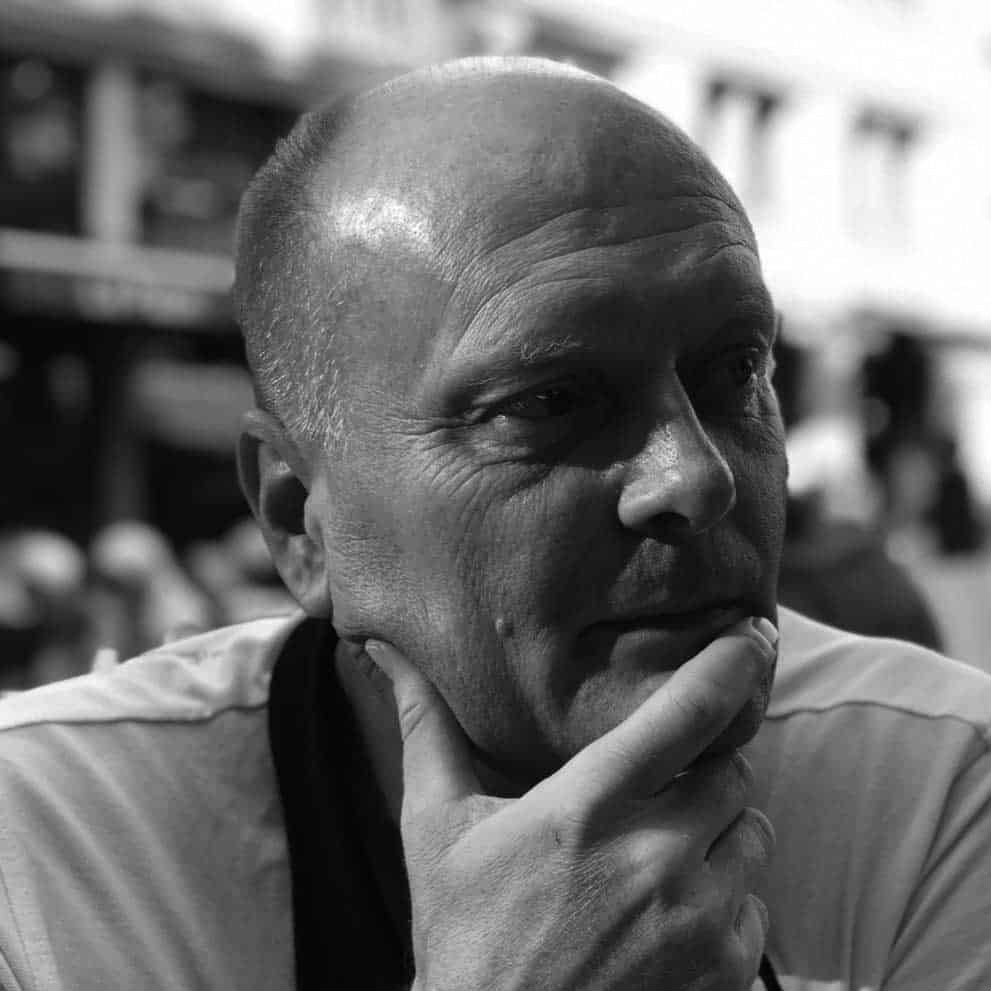
Frederik Hertel
Vice President of the union DM Universitet, Denmark
Threats and harassment against researchers is another challenge for the union in Denmark, he continues. Members are subjected to threats and hatred as a result of their research results, both from the public and from politicians.
“We have seen examples of members of parliament choosing to talk about individual researchers by name and stating that their research results cannot be trusted,” says Hertel. “Colleagues are then attacked on social media.”
But the most pressing issue for the union right now, he says, is the lack of influence over the decisions made at senior management level, and thus a lack of knowledge of what is on the agenda at the university. Since each higher education institution has an external board with an external majority, it is more difficult for the union to make its voice heard. It also makes it difficult to get the board to take the views of the union into account when decisions are made. This has been reinforced significantly in recent years.
“The most recent iteration of the Higher Education Act came into force in 2003, but it is only in recent years that the managements at universities have begun to exercise the power they actually have, as union representatives have been replaced by new faces. The union’s influence has diminished over time.”
The lack of influence means that researchers and university teachers tend to take a step back and focus entirely on doing their jobs, keeping out of discussions at department, faculty or university level, Hertel says.
“And if you want an organisation to function well, sometimes people may need to do more than just what is expected of them in their work. But this also impacts the universities at the core: how they function and their ability to produce quality work.”
In Finland, salary development is one of the biggest issues for the union right now, says Petri Mäntysaari, Vice President of Professoriliito, the Finnish Union of University Professors.
“The collective agreements we have had in recent years have not benefited our members much. Salary development for professors is among the worst in the entire country.” This makes it difficult for Finnish universities to recruit, he explains, especially when it comes to attracting competence from other countries.
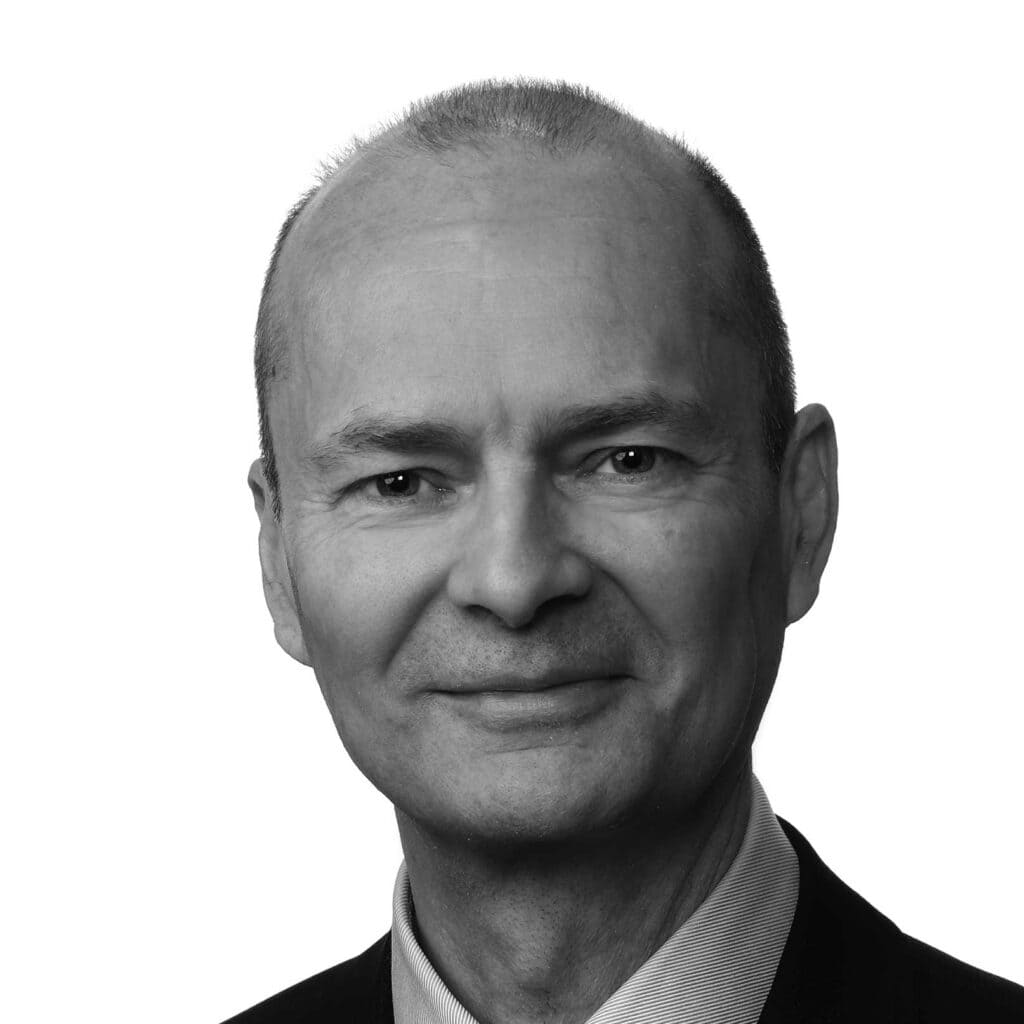
Petri Mäntysaari
Vice President of the Finnish Union of University Professors
In addition, several Finnish universities have financial problems, he continues, which to a large extent is due to the current government funding model, which is indicator-based.
“Funding is a core issue for the whole sector. If the number of degrees and publications determines the amount of money you receive, that does not reflect a focus on quality. A larger proportion of the money should be allocated as basic funding.”
Mäntysaari tells us that the higher education sector in Finland also has problems with excessive use of fixed-term employment, with around 70 per cent of employees on such contracts. Although this problem does not affect the members of the Union of University Professors directly, it still has an indirect impact.
“Our members usually have permanent employment and are quite secure,” he says, “but it has negative effects on the quality of the entire organisation and makes it much more difficult to invest in ground-breaking research in Finland.”
Researchers’ creativity is impacted by constantly having to think about how and where they can work, says Petri Mäntysaari. At the same time, fixed-term employment has a part to play in higher education, but only to a certain extent.
“One of our tasks is to train researchers,” he says, “and of course a university cannot employ all the doctoral candidates that it teaches. With fixed-term employment, a university has an instrument it can use to attract people: to a doctoral position and then a postdoctoral position. But after that, at associate professor level, there should not be any fixed-term positions at all. Not for senior lecturers either.”
He describes the system where universities receive external funding linked to various research projects and therefore make use of fixed-term employment, because they are in fact projects and so by their very nature temporary, as flawed thinking. Instead, he believes a university should be regarded more in the same way as a company.
“Externally funded projects should be seen as part of the university’s normal activity, where it is assumed that there will always be projects with external funding from different sources. So you might as well offer people permanent employment. I simply cannot see a longer-term mindset,” says Mäntysaari.
Sigrún Ólafsdóttir, President of Félag háskólakennara, the Icelandic Association of University Teachers, describes the problematic salary levels in the higher education. Pay increases are too small in relation to the high inflation in the country in recent years, she says during her presentation at the conference. The situation has been the same for the past decade.
“For the first time in a very long time, our members are starting to demand strike action,” she said.
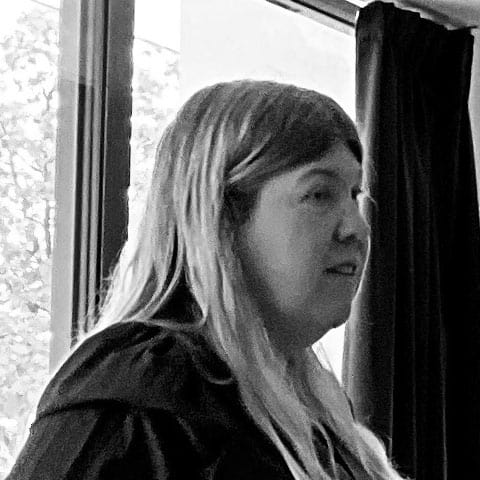
Sigrún Ólafsdóttir
President of the Icelandic Association of University Teachers
At the same time, Icelandic universities are severely underfunded. In recent years, they have begun to see more and more detailed savings proposals regarding everything from employees having to start paying for parking at work to the introduction of open-office workspaces, she continues.
In collective agreement negotiations these days, the union is now presented with arguments that their demands need to be reasonable because the recent years’ volcanic eruptions have led to large costs for the state, for example because some people have had to be relocated and the state has been forced to buy their homes.
Earlier this year, the union increased the amount of money it sets aside for its strike funds, to send a signal that it has begun to tire of the financial situation within higher education, Ólafsdóttir explains.
In Sweden, the union is also dissatisfied with salary levels. SULF’s latest member survey shows that almost a third of the respondents think that higher pay is one of the most important issues the union should pursue. SULF’s Head of Policy and International Affairs, Karin Åmossa, also brings up working time, or rather unpaid working time.
“A senior lecturer works many more hours a week than what is stated in their employment contract, often up to 10 extra hours per week. For a professor, it is up to 15 extra hours. Put simply, this is nothing but unpaid work.”

Karin Åmossa
Head of Policy and International Affairs, SULF
On the other hand, the union is not pursuing the currently hotly debated issue of reduced working time. At least not yet, says Åmossa.
“Our position is more that the job should be doable within the agreed working time. If we can get to that point, we are happy to begin with that. It is a cultural issue, but also a result of the system itself , for example the whole system of applying for research funding. If it takes three months of full-time work to write a good research funding application, where are you going to find those hours? They are not paid; you have to do it in the evenings.”
As in Denmark and Finland, fixed-term employment is a problem within higher education in Sweden. Combined with the fact that our members spend a lot of their spare time working and earn too little, insecure employment makes a career as a researcher and university teacher less attractive, says Åmossa.
“We want the best people, so both the security of the working environment and the salaries need to be improved. We are now also seeing that there are fewer Swedish-born people starting doctoral programmes. It seems to be a less attractive option.”
Åmossa also wants to bring up productivity deductions as an important issue for the union to work with. In short, the model is that the state budget allocations to higher education institutions and other authorities are increased in line with salary costs. After that has been calculated, a couple of percentage points , known as productivity deductions, are subtracted in order to increase the authorities’ efficiency. SULF wants to abolish this practice.
“Many educational programmes would need per capita increases of 50 per cent just to be able to maintain a decent level where universities can teach in the way that was intended about three decades ago.”
Efficiency can be increased up to a certain level, she says. “But it is not the case that students today are better prepared to learn Einstein’s theories of relativity than they were three decades ago.”
